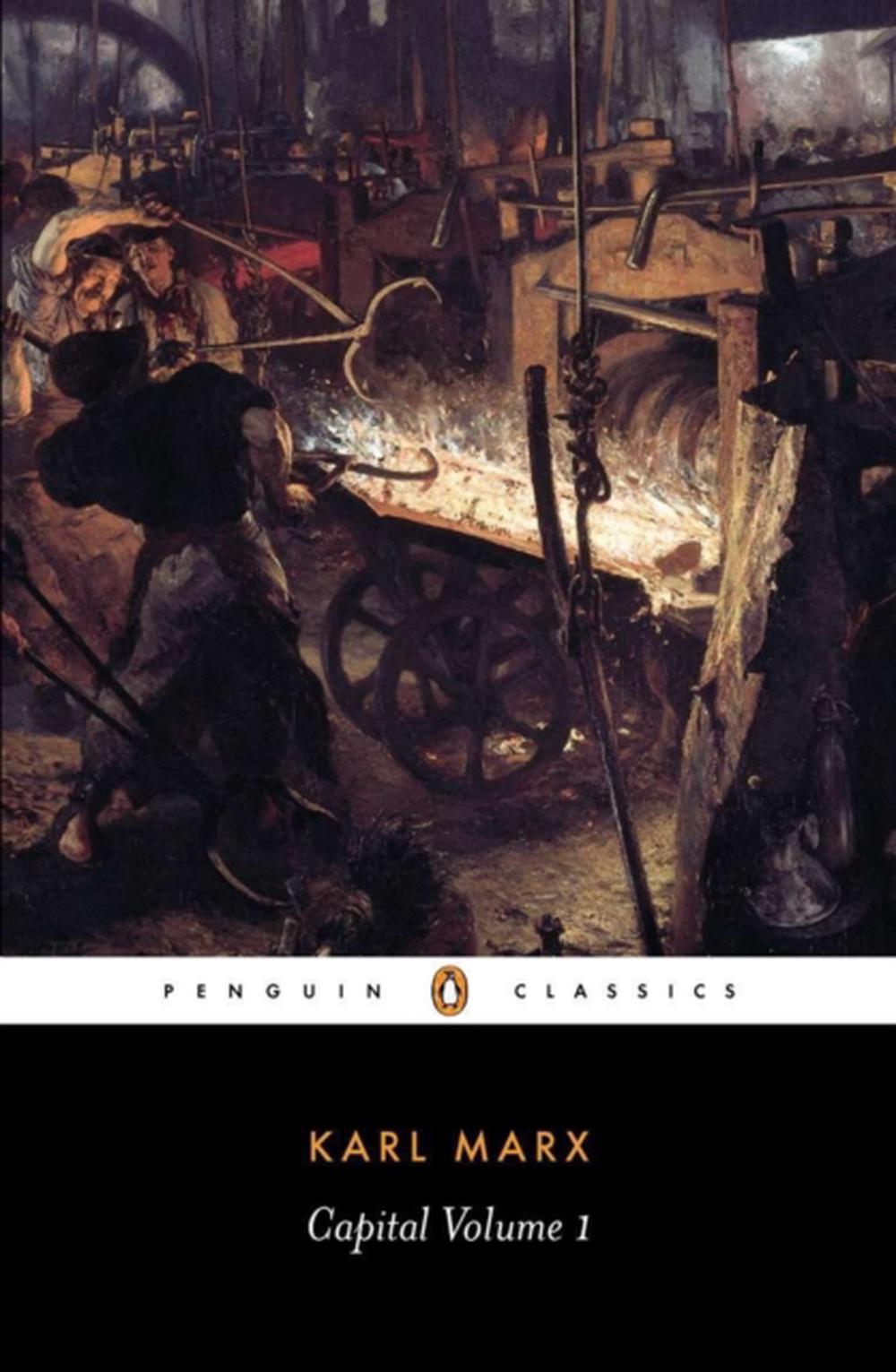
$36.70
- Paperback
1152 pages
- Release Date
23 January 1991
Summary
One of the most influential political and philosophical texts ever written.
One of the most notorious works of modern times, as well as one of the most influential, Capital is an incisive critique of private property and the social relations it generates. Living in exile in England, where this work was largely written, Marx drew on a wide-ranging knowledge of its society to support his analysis and generate fresh insights.
Arguing that capitalism would create an ever-…
Book Details
| ISBN-13: | 9780140445688 |
|---|---|
| ISBN-10: | 0140445684 |
| Author: | Karl Marx, Ernest Mandel, Ben Fowkes |
| Publisher: | Penguin Books Ltd |
| Imprint: | Penguin Classics |
| Format: | Paperback |
| Number of Pages: | 1152 |
| Edition: | 1st |
| Release Date: | 23 January 1991 |
| Weight: | 784g |
| Dimensions: | 197mm x 129mm x 49mm |
| Series: | Capital |
About The Author
Karl Marx
Karl Marx was born in 1818 in Trier, Germany and studied in Bonn and Berlin. Influenced by Hegel, he later reacted against idealist philosophy and began to develop his own theory of historical materialism. He related the state of society to its economic foundations and mode of production, and recommended armed revolution on the part of the proletariat. Together with Engels, who he met in Paris, he wrote the Manifesto of the Communist Party. He lived in England as a refugee until his death in 1888, after participating in an unsuccessful revolution in Germany.
Ernst Mandel was a member of the Belgian TUV from 1954 to 1963 and was chosen for the annual Alfred Marshall Lectures by Cambridge University in 1978. He died in 1995 and was described as ‘one of the most creative and independent-minded revolutionary Marxist thinkers of the post-war world.’
Returns
This item is eligible for free returns within 30 days of delivery. See our returns policy for further details.




